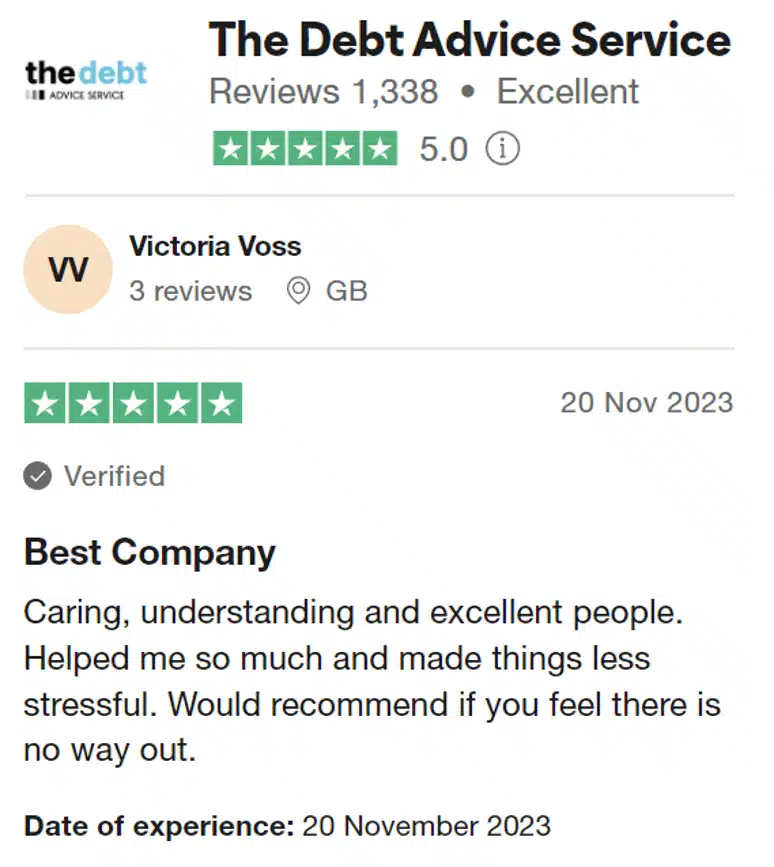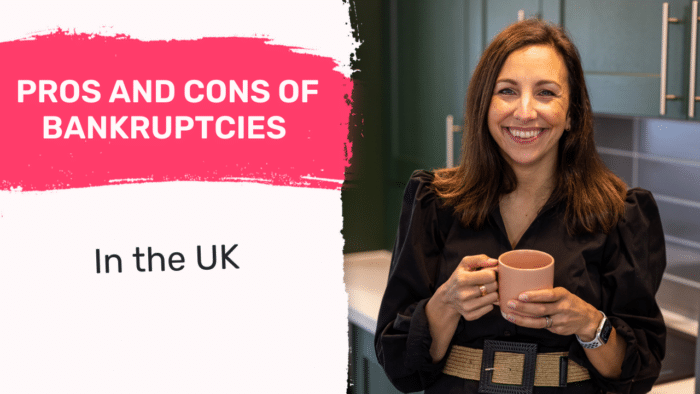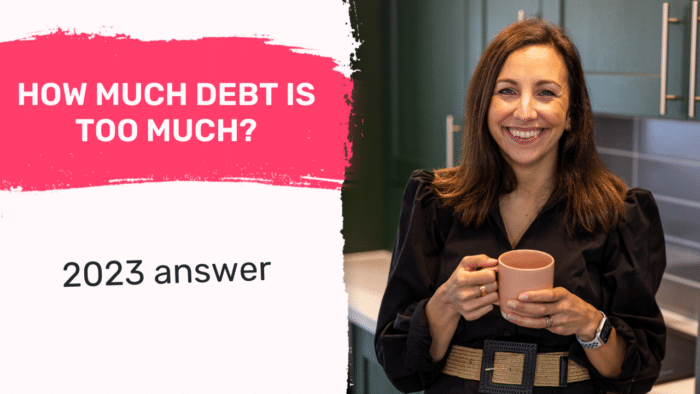How to Avoid Paying Council Tax if You’re Struggling to Pay
For free & impartial money advice you can visit MoneyHelper. We work with The Debt Advice Service who provide information about your options. This isn’t a full fact-find, some debt solutions may not be suitable in all circumstances, ongoing fees might apply & your credit rating may be affected.
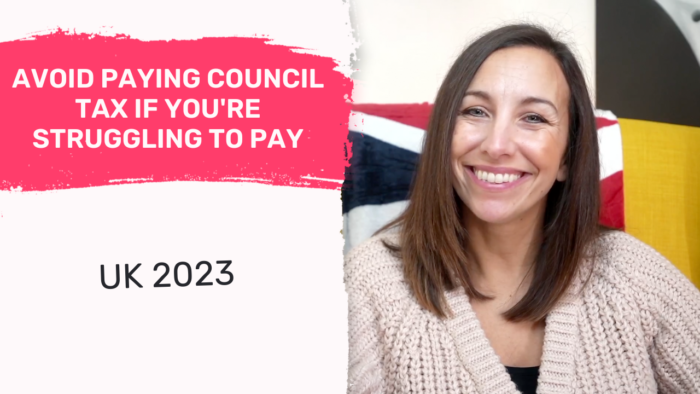
For free & impartial money advice you can visit MoneyHelper. We work with The Debt Advice Service who provide information about your options. This isn’t a full fact-find, some debt solutions may not be suitable in all circumstances, ongoing fees might apply & your credit rating may be affected.
Are you finding it hard to pay your Council Tax? You’ve come to the right place. Each month, over 12,000 people visit this site looking for guidance on money matters, including Council Tax.
This article will cover:
- The reasons we pay Council Tax
- Who must pay it, and how it’s worked out
- How to lower your payments or even live in the UK without paying
- What might happen if you can’t pay
- The steps to take if you’re struggling
Some people on our team have had trouble with Council Tax, too. We understand how worrying it can be. With our experience, we’ll help you learn what you can do if you cannot pay.
Can you live in UK without paying Council Tax?
You could live in the UK without paying Council tax if you meet specific criteria. However, you’d have to pay if you’re aged 18 or older. Council tax bills are typically based on two adults living in a property.
Is it possible to not pay Council Tax?
Not really. Unless you fall into an ‘exempt’ category, you’d have to pay Council Tax to your local authority.
That said, you could ask for a reduction if you live alone which entitles you to a 25% discount on your annual council tax bill.
What can you do if you can’t pay?
You should get in touch with your local authority as soon as possible when you can’t pay your council tax. You could be offered an affordable repayment plan by the council.
The person you speak to at the council should understand your personal circumstances. They should discuss things with you to find a solution that could get you out of a hole.
Also, if you’re receiving any of the following benefits, you could be entitled to a reduction in your annual council tax bill:
- Jobseeker’s allowance
- Income support
- Universal Credit
- Pension credit
A local authority has the power to backdate refunds if you were entitled to the discounts but never claimed them.
You could also get in touch with a debt charity to see what sort of council tax reduction you could be entitled to.
» TAKE ACTION NOW: Fill out the short debt form
Can you go to prison for not paying Council Tax?
Yes. If a court finds you ‘wilfully’ refused to pay your Council Tax you could face a jail sentence of 90 days! Which is why most people try not to let things get this far.
It’s best to stay in touch with the local authority and to seek debt advice before court action even commences!
Should you seek debt help when you can’t pay?
Yes. Absolutely. If you’re struggling with your finances and unable to pay bills, you should definitely seek advice from one of the UK’s debt charities.
I’ve listed five of the major UK debt charities below:
How long can you be chased for unpaid Council Tax?
You could be chased for six years over an unpaid Council Tax debt. However, rarely would a local authority let things slide for this long.
You’d find that councils are quick off the mark when it comes to chasing unpaid Council Tax bills. They pass details on to debt collection agencies pretty quickly.
It means that Council Tax debts are rarely statute barred too!
In Scotland, the Limitations Act doesn’t apply to council bill arrears/debts. So you could be chased for up to 20 years!
What happens when you can’t pay your council tax?
You’re definitely not alone if you can’t pay your council tax thanks to the rise in the cost of living. Instead of ignoring the problem, it’s best to seek advice from a debt charity.
Next, get in touch with your local authority and let them know you’re having trouble paying!
If you ignore payment reminders from the council, a debt collection agency could be handed your details.
However, before this happens, the council sends out a payment reminder asking you to pay within 14 days. If you ignore the letter, you’ll get a second letter demanding you pay the full amount straight away!
How a debt solution could help
Some debt solutions can:
- Stop nasty calls from creditors
- Freeze interest and charges
- Reduce your monthly
A few debt solutions can even result in writing off some of your debt.
Here’s an example:
Situation
| Monthly income | £2,504 |
| Monthly expenses | £2,345 |
| Total debt | £32,049 |
Monthly debt repayments
| Before | £587 |
| After | £158 |
£429 reduction in monthly payments
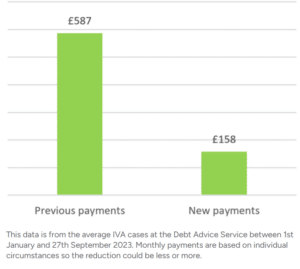
If you want to learn what debt solutions are available to you, click the button below to get started.
Does the council use debt collection agencies?
Yes. Local authorities can pass your details on to a debt collection agency if you fail to pay your Council Tax on time.
Moreover, once a debt collector receives instructions to recover the amount owed, you can no longer resolve the matter with the council.
The debt collection agency would, however, let you pay off what’s owed in monthly instalments. But you must meet the scheduled payment dates or the agreement will be null and void.
In short, you’d have to pay the full outstanding amount owed on your Council Tax.
Will the debt collection agency take you to court?
No. The debt collection agency won’t take you to court. However, as they’re working on behalf of a local authority, they could advise their client to start legal proceedings.
If you ignore any official court documents you receive, a judge issues a court order which is referred to as a “liability order”. In short, you’ll be liable to pay the amount owed plus other fees!
Can a debt collector enter your home?
No. They can’t force their way into your home. In fact, if a debt collection agent pays you a visit, you shouldn’t open the door to them.
Instead, you should talk to them politely through an open upstairs window or through your letterbox.
You have the right to ask a debt collector to leave your property and they must respect your request!
What could the council do if you don’t pay?
Local authorities have the power to enforce a Council Tax debt. When a court issues a court order to pay, there’s no getting out of it.
You’d have to deal with court enforcement officers if you don’t pay what’s owed. Enforcement officers have the power to:
- Ask you to pay the money owed
- Agree to a repayment plan to settle the amount owed
- Seize possessions to the value of the debt
That said, before an enforcement officer can show up at your home, they must let you know when they intend to visit you. This gives you time to sort your finances out if you can, ready to pay them.
It’s worth noting that more fees are added to the amount owed as soon as enforcement officers are involved.
Also noteworthy is that you can prevent a visit from enforcement officers if you are registered as a vulnerable person!
Thousands have already tackled their debt
Every day our partners, The Debt Advice Service, help people find out whether they can lower their repayments and finally tackle or write off some of their debt.

Natasha
I’d recommend this firm to anyone struggling with debt – my mind has been put to rest, all is getting sorted.
Reviews shown are for The Debt Advice Service.
What can’t an enforcement officer seize from your home?
Enforcement agents (bailiffs) can’t list or take any of the following items from your home:
- Items that belong to others which includes anything that belongs to children
- Vehicles, computer equipment and tools needed to carry out a job or which are used for study purposes
- Motability vehicles or vehicles with a valid Blue Badge
- Beds and bedding
- Cooking appliances
- Fridge or freezer
- Washing machine
- Mobile phones or other types of phone
- Medical equipment needed for the care of a child or elderly person
You can tell an enforcement officer they can include things they can’t take if they try to list anything on a ‘controlled goods agreement’.
» TAKE ACTION NOW: Fill out the short debt form
How do you contact a local authority?
You should always stay in touch with your local council when you can’t pay your Council Tax. It prevents things from escalating and getting more stressful when you do.
You can find your local authority and how to contact them in the following ways:
| Find your local authority | https://www.gov.uk/find-local-council |
| Pay council tax arrears | https://www.gov.uk/council-tax-arrears |
| Pay council tax online | https://www.gov.uk/pay-council-tax |
| Check your council tax band (England) | https://www.gov.uk/council-tax-bands |
| Challenge a council tax band | https://www.gov.uk/challenge-council-tax-band |
| Appeal a council tax bill or fine | https://www.gov.uk/council-tax-appeals |
Lastly, can you avoid paying Council Tax if you’re struggling to pay?
You should contact your local authority if you’re struggling to pay your Council Tax. Don’t ignore the problem because it won’t go away.
In fact, things get more stressful when you don’t stay in touch with the council.
More people than ever are struggling with debt, so it’s nothing to be ashamed of. As such, you should seek advice from one of the UK’s leading debt charities before contacting the council.
But don’t wait too long because you may find your details are passed to a debt collection agency!
It helps to discuss things with the council because you may find they are helpful and could even arrange for you to pay in affordable instalments!
Thanks for reading my post. I hope the information helps you deal with the problem of not being able to pay your Council Tax so the outcome is less stressful!
